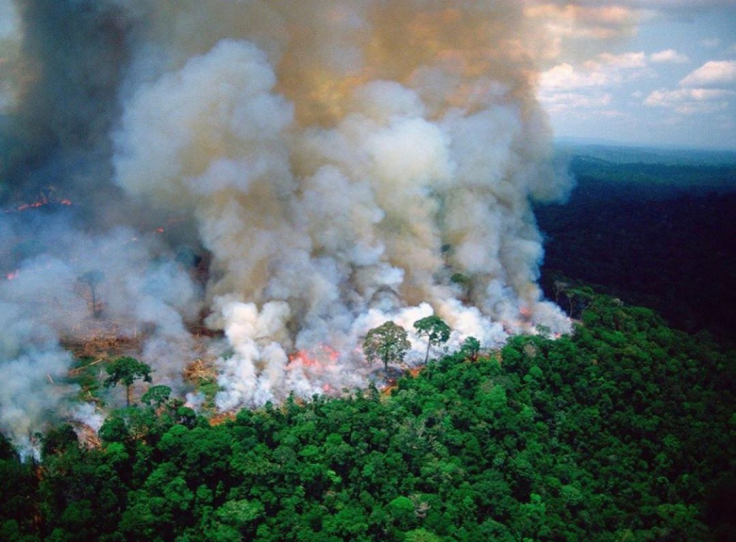Amazon rainforest could collapse in less than 50 years after a tipping point is reached, says new study. Many such forests face the same kind of risk. The research says that natural environments are collapsing under stress at a "significantly faster rate" and could transform itself into "alternative ecosystems"
In some parts of the Amazon, the dry season expanded from four months to five during the past 50 years. In the last 15 years, severe droughts have hit the forest three times. All these have caused a shift in vegetation. The study used real-world data and ran it on computer simulation, results were, that the Amazon could transform to "a savannah-type ecosystem with a mix of trees and grass" in 49 years. The data was taken from more than 40 natural ecosystems, reported Independent.
The Carribean coral reefs span almost 20,000 kilometres could get bleached in 15 years. The conclusions were based on four land based, 25 marine and 13 freshwater ecosystems. The paper was published in Nature Communications.
Unexpected results

It was an unexpected finding to researchers, as the previous understanding predicted that big systems would collapse slowly than smaller ones, as it took time for affecting across large areas, said John Dearing, professor of physical geography, Southampton University, lead of the research.
"Unfortunately, what our paper reveals is that humanity needs to prepare for changes far sooner than expected," said Dr Simon Willcock, from Bangor University's School of Natural Sciences, who also authored the study, reported Independent.
Savannah-type ecosystem
However, because the researchers used data from only four terrestrial systems which did not include a tropical rainforests like Amazon, Dr Erika Berenguer, another senior research associate said Amazon could only become another "savannah-type ecosystem," opposing the former conclusion as she told that it was not supported by the data analysed
Deforestation in Brazil, increased 30 percent last year, that is 10,000 square kilometers, amounting to the largest loss in a decade. The number of fires last August was the highest since the extreme drought in 2010. Carlos Nobre, a climate researcher at the University of São Paulo told in 2018 that Amazon might be much closer to a tipping point than previously thought. In a co-authored article he wrote that, if just 20–25 percent of the rainforest were cut down, that could reach tipping point and turn eastern, southern and central Amazonia to a savannah-like ecosystem, reported Nature
However some other researchers opine that defining such a threshold is not possible. Last month, more than 1,000 scientists signed an open letter of warning that said "the administration of president Jair Bolsonaro is dismantling the country's social–environmental policies".









